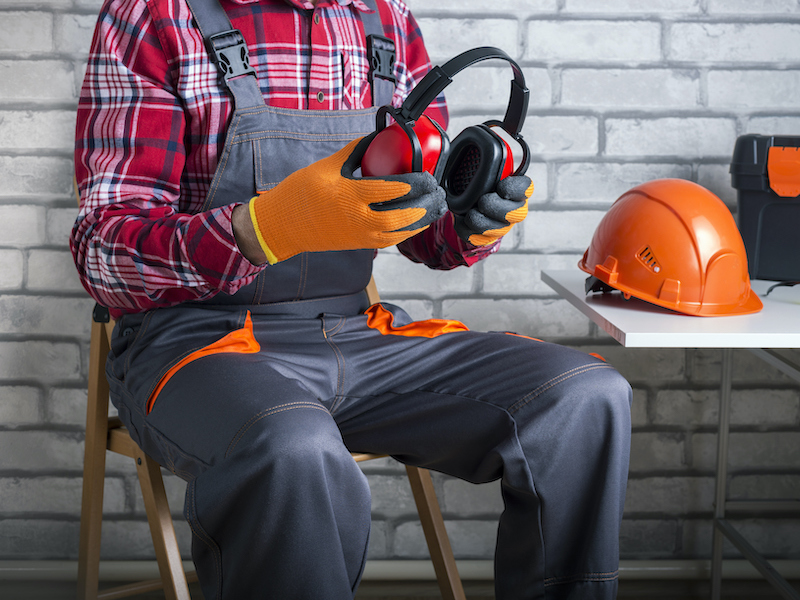
Your ability to hear is valuable – once it’s gone, the likelihood of getting it back in its natural form is not likely. But for some reason, hearing loss frequently goes untreated and unchecked in the general population. As a matter of fact, permanent hearing loss impacts one out of eight people (nearly 30 million people) over the age of 12 in the United States alone.
While there are treatments that can help you regain your hearing, like hearing aids, it’s such a simple thing to protect your ears from the beginning to prevent avoidable hearing loss.
Here are five easy ways that you can safeguard your hearing:
Don’t use earbuds
Earbuds are one of the biggest perils to hearing health today since they’ve come as an accessory to most mobile devices going back to the first MP3 devices in the early 2000s. Almost every smartphone on the market comes with a set of these little devices that fit snugly in your ear and pump sound straight into your ear canal. Listening to a movie or music on your mobile device at full volume for only 15 minutes can lead to irreversible hearing loss. Over the ear style headphones, especially the ones with noise canceling technology, would be a better option. Adhering to the 60/60 rule, which recommends a maximum volume of 60% for no more than 60 minutes a day, is another safety measure to safeguard your hearing.
Reduce the volume
Your hearing can be damaged by other things besides earbuds. Loud noises from a TV or radio can do as much harm if you regularly listen to them over a sustained period of time. You’ll also want to steer clear of situations where loud sounds are constant, such as construction zones, concerts, and firearm ranges. Steering clear of these situations may only be possible in a perfect world, especially if you’re a construction worker or a musician. If that’s the situation, then you’ll want to pay attention to the next item on the list.
Hearing protection will help
Hearing protection is crucial if you work in a setting or enjoy hobbies that expose you to loud sounds. 85 decibels over a period of 15 minutes is enough to cause hearing loss. To put that in perspective:
- Most concerts are between 100 and 120 decibels with headliners usually playing for about an hour and 20 minutes
- Jackhammers at a construction site generate 130 decibels, which could cause significant harm after a 40-hour workweek
- The average firearm discharge clocks in at 149 decibels, which is multiplied and amplified over the course of a one hour visit to an indoor shooting range
If you take part in any of these activities, you need to get a good set of earmuffs or earplugs.
Take auditory breaks
Sometimes giving your ears a break is the best thing you can do. If you engaged in any of the activities listed above, you should make sure to take some quiet time to yourself so your ears can rest and recuperate, even if you were wearing hearing protection. That means, you most likely shouldn’t get into your car and start blasting loud music right after you leave a 3-hour concert.
Check your medicine
Your hearing may be significantly impacted by the medication you take. Aspirin, anti-inflammatories, antibiotics, and certain heart and cancer medicines have all been proven to cause hearing loss. The good news is that medication-associated hearing loss isn’t common and is more likely if you take two or more of those medications together making it easier to prevent.
Looking to get treatment for your hearing loss? Contact us today to set up a consultation.
Call Today to Set Up an Appointment
Resources
https://www.cdc.gov/nceh/hearing_loss/how_does_loud_noise_cause_hearing_loss.html
